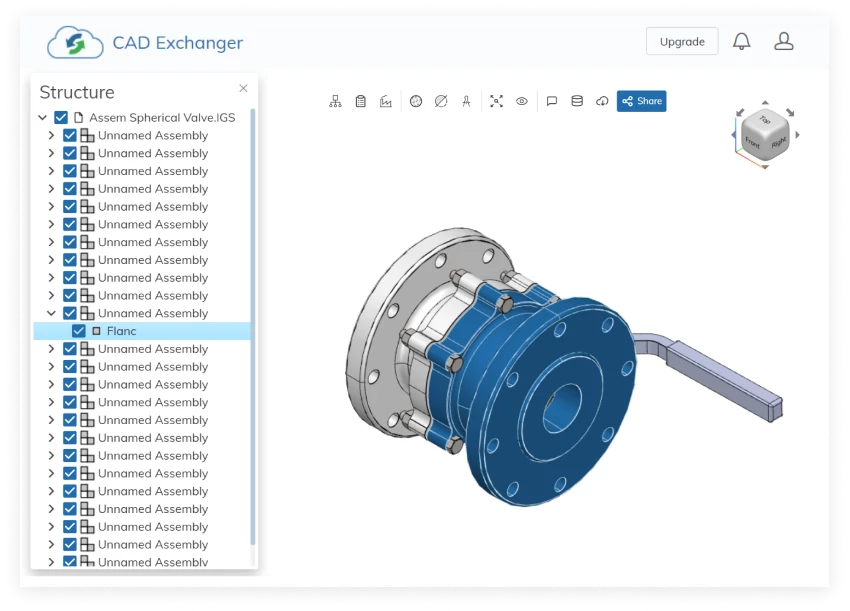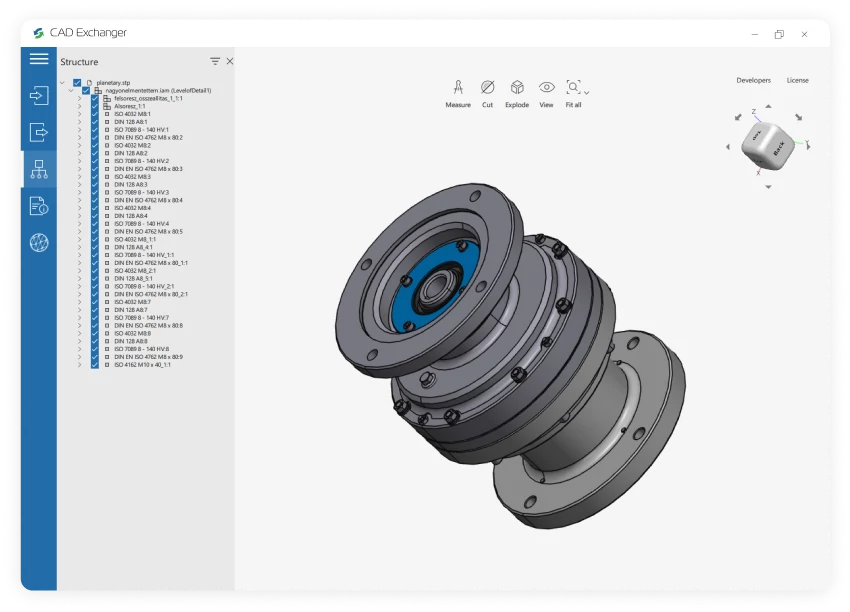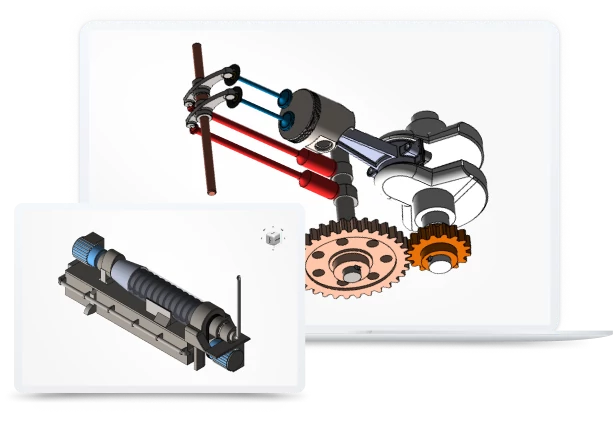
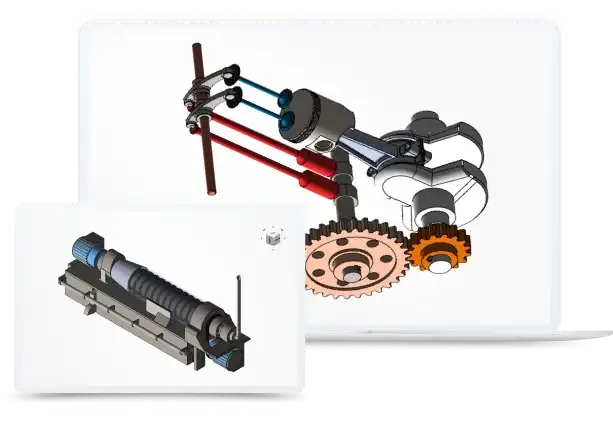
Conversion from X3D to IPT is not supported yet :(
Learn more
X3D
X3D is ISO standard XML-based file format for representing 3D computer graphics. X3D features extensions to VRML (e.g. CAD, geospatial, humanoid animation, NURBS etc.), the ability to encode the scene using an XML syntax as well as the Open Inventor-like syntax of VRML97, or binary formatting, and enhanced application programming interfaces (APIs).
The X3D extension supports multi-stage and multi-texture rendering; it also supports shading with lightmap and normalmap. Starting in 2010, X3D has supported deferred rendering architecture. Now X3D can import SSAO, CSM and Realtime Environment Reflection/Lighting. The user can also use optimizations including BSP/QuadTree/OctTree or culling in the X3D scene.
IPT
An IPT file extension is used for Autodesk Inventor objects.
Autodesk Inventor is a CAD application that engineers and product designers use to construct prototypes of mechanical products. These prototypes, referred to as assemblies, consist of several individual parts joined together. Each Inventor part is saved in an IPT file.
Inventor users can import IPT parts from outside the program or create their IPT parts using the Inventor's part design tools. Typically, users begin by creating a 2D drawing of a part before transforming that drawing into a 3D model. Thus, an IPT file may contain either a 2D or 3D object. Files in IPT format can be opened using Autodesk Inventor 2017, Autodesk Inventor View 2017, Autodesk Fusion 360, and SpaceClaim Engineer.
From Our Blog
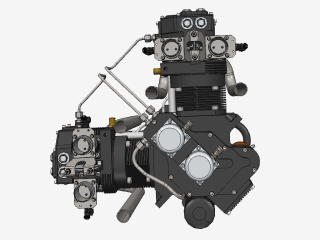
Everything you need to know about CAD file formats
A CAD file is an output of a CAD software, containing key information about the designed object: its geometry and topology representation, 3D model hierarchy, metadata, and visual attributes depending on the format of the file.
Read more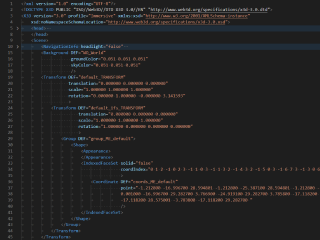
3D formats overview: VRML and X3D
In the seventh part of the series, we explore two open formats aimed at putting 3D data on the web, which found use in the CAD space
Read more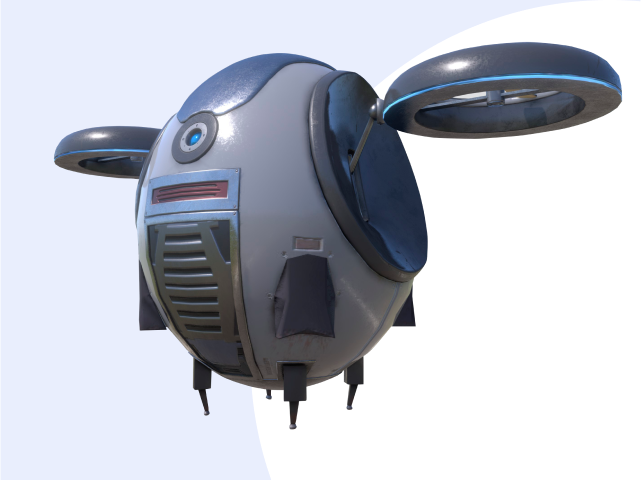
Integration with UNIGINE engine
This article explores the integration possibilities with the UNIGINE engine, a powerhouse in the realm of virtual simulation and game development. Learn how it can be used in applications built with the UNIGINE engine to import CAD and 3D models.
Read more